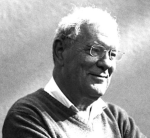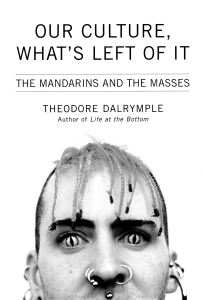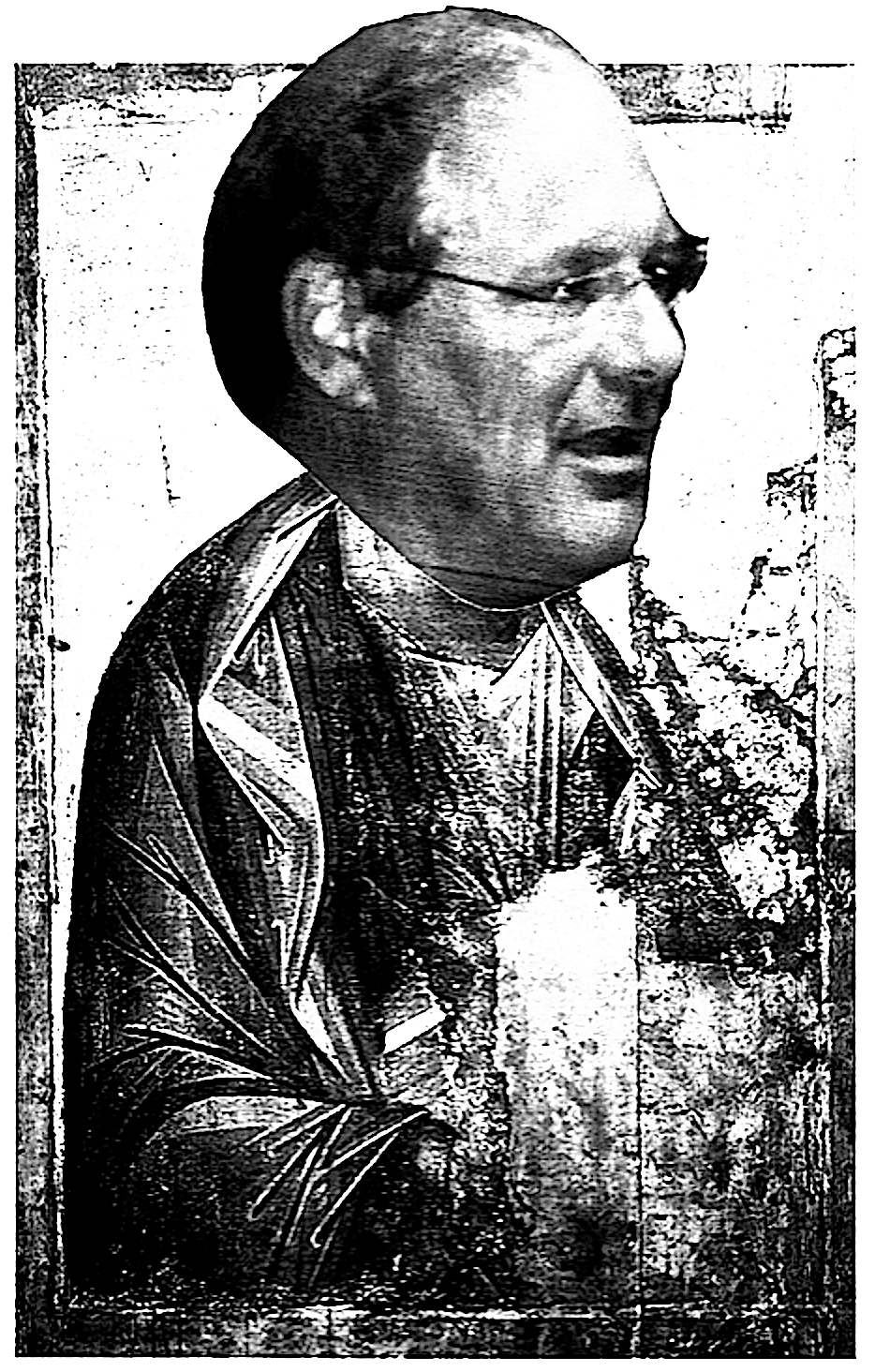 In Nantes, in response to the shooting by police of a man called Aboubakar Fofana (the subject of an arrest warrant for organised robbery, possession of stolen goods, and criminal conspiracy), who had tried to run them down in his car,
In Nantes, in response to the shooting by police of a man called Aboubakar Fofana (the subject of an arrest warrant for organised robbery, possession of stolen goods, and criminal conspiracy), who had tried to run them down in his car,
for four successive nights 100 youths with balaclavas descended into the street and burned at least 50 cars, as well as a doctors’ office and parts of a school and petrol station. Some threw Molotov cocktails at the police.
 It is difficult to believe, writes Dalrymple,
It is difficult to believe, writes Dalrymple,
that they did not take delight in the opportunity, combining delinquency with supposed moral purpose.
What could that purpose have been?
Let us grant for the sake of argument that the shooting was unjustified. Would it then make sense to burn 50 of your neighbours’ cars and destroy a doctor’s office? At the very least, this response does little credit to their thought or logic.
 Dalrymple notes that the fact that Fofana had a criminal record
Dalrymple notes that the fact that Fofana had a criminal record
did not cool their ardour. As is usual in these cases, friends of the deceased could be found to say that ‘he was a smiling and intelligent young man’ who ‘never looked for problems’ (other than robbing people). We might wonder whether, if he had been shot by a member of a rival gang, there would have been any rioting.
Dalrymple says it is hard to escape the conclusion that the rioting was in part motivated by the desire that people like Fofana
should be left to carry on their depredations without hindrance.












